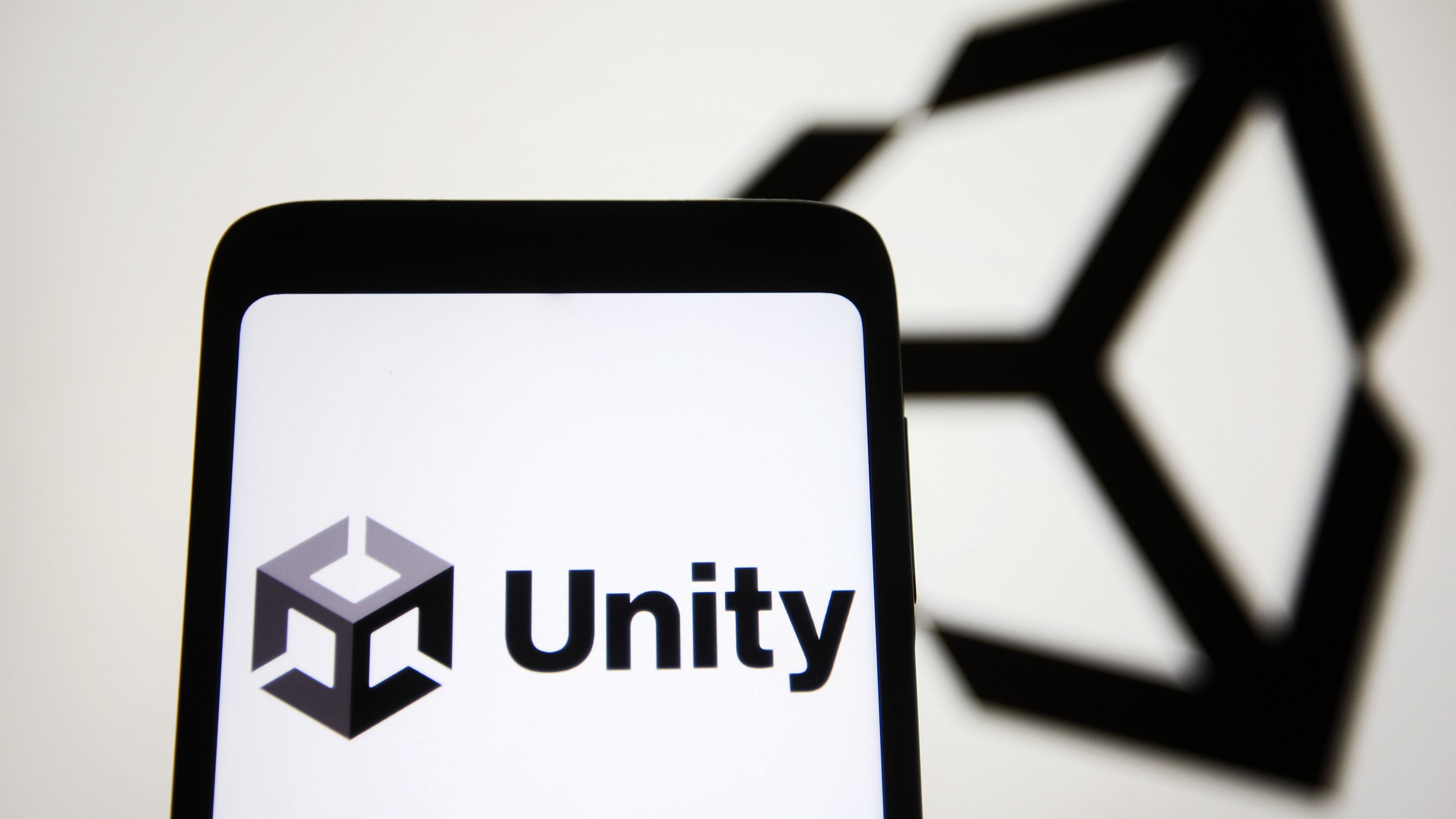A year after outraging developers, blowing up its reputation, and saying goodbye to its CEO, Unity decides 'Runtime Fees' are a bad idea so it's getting rid of them
The circle is complete.

A year after announcing a new "Runtime Fee" pricing scheme that outraged large swaths of the game development community and ultimately led to the resignation of then-CEO John Riccitiello, Unity has decided that it was actually a bad idea in hindsight, and so it's cancelling the whole thing.
"After deep consultation with our community, customers, and partners, we’ve made the decision to cancel the Runtime Fee for our games customers, effective immediately," CEO Matt Bromberg wrote in today's announcement. "Non-gaming industry customers are not impacted by this modification.
"I’ve been able to connect with many of you over the last three months, and I’ve heard time and time again that you want a strong Unity, and understand that price increases are a necessary part of what enables us to invest in moving gaming forward. But those increases needn’t come in a novel and controversial new form. We want to deliver value at a fair price in the right way so that you will continue to feel comfortable building your business over the long term with Unity as your partner."
As a result, Unity is reverting to a "more traditional cycle" of considering pricing changes only on an annual basis; if the terms of use change in future releases, users will be free to continue using their current version of the software under the existing terms.
The "novel and controversial" pricing scheme Bromberg mentioned was a 2023 plan—"an astonishing scumbag move," in the words of Tactical Breach Wizards developer Tom Francis—to charge developers a fee every time a game was installed after it had passed minimum revenue and install count thresholds. This angered game devs for a few reasons: The financial hit and potential for abuse were obvious issues, but an even bigger problem for some was the complete loss of truth arising from the way Unity arbitrarily imposed the pricing changes.
"Even if they reversed this 100%, the damage is done. You cannot trust a partner who will alter the deal after it’s done," Gloomwood developer Dillon Rogers tweeted. Totally Accurate Battle Simulator studio Landfall said the change, "without any form of opt-in or consent from developers," represented "a huge breach of trust."
Unity quickly apologized and made changes to the Runtime Fee that addressed the biggest complaints, and Riccitiello fell on his sword a couple weeks later. Not long after that Unty put roughly 1,800 people out of work as part of what it called a "company reset"—not because of the Runtime Fee fiasco specifically, but simply because the interim CEO, as CEOs do, decided that the best way to achieve "growth" is to fire a bunch of people.
Keep up to date with the most important stories and the best deals, as picked by the PC Gamer team.
It was an ugly time for Unity, and while the controversy has cooled (but not been forgotten: Mega Crit, for instance, confirmed in April of this year that despite having sunk more than two years into building Slay the Spire 2 in Unity, it had switched to the open source engine Godot and was not going back), Bromberg's message is clearly as much a mea culpa as it is a pricing change announcement.
"We’re confident that if we’re good partners and deliver great software and services, we’ve barely scratched the surface of what we can do together," he wrote, tacitly acknowledging that Unity was not being a good partner when it fired up the Runtime Fee scheme.
Despite the controversy, Unity remains a popular engine—GDC's 2024 State of the Game Industry survey put it neck-and-neck with Unreal Engine—and early reaction to the rollback seems mostly positive, although some on Twitter are saying it's too little, too late—and of course a few are wryly noting that it took a year of flailing around to get back to where it all started. That's business, I guess.

Andy has been gaming on PCs from the very beginning, starting as a youngster with text adventures and primitive action games on a cassette-based TRS80. From there he graduated to the glory days of Sierra Online adventures and Microprose sims, ran a local BBS, learned how to build PCs, and developed a longstanding love of RPGs, immersive sims, and shooters. He began writing videogame news in 2007 for The Escapist and somehow managed to avoid getting fired until 2014, when he joined the storied ranks of PC Gamer. He covers all aspects of the industry, from new game announcements and patch notes to legal disputes, Twitch beefs, esports, and Henry Cavill. Lots of Henry Cavill.

